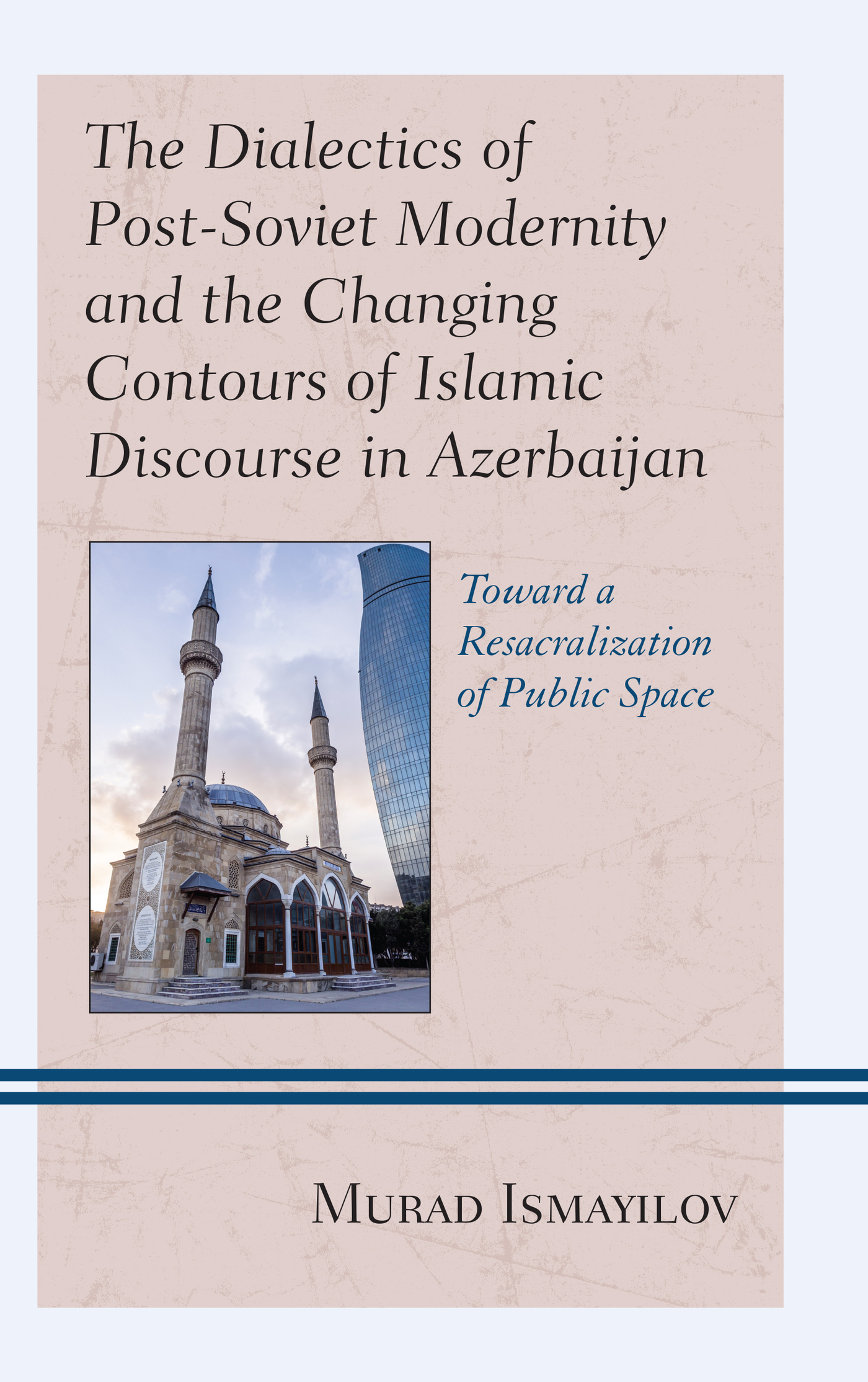The Dialectics of Post-Soviet Modernity and the Changing Contours of Islamic Discourse in Azerbaijan
Contemporary Central Asia:
Societies, Politics, and Cultures
Series Editor: Marlene Laruelle, George Washington University
At the crossroads of Russia, China, and the Islamic world, Central Asia remains one of the worlds least-understood regions, despite being a significant theater for muscle-flexing by the great powers and regional players. This series, in conjunction with George Washington Universitys Central Asia Program, offers insight into Central Asia by providing readers unique access to state-of-the-art knowledge on the region. Going beyond the media clichs, the series inscribes the study of Central Asia into the social sciences and hopes to fill the dearth of works on the region for both scholarly knowledge and undergraduate and graduate student education.
Titles in the Series
Kazakhstan in the Making: Legitimacy, Symbols, and Social Changes, edited by Marlene Laruelle
The Origins of the Civil War in Tajikistan: For the Soul, Blood, Homeland, and Honor, by Tim Epkenhans
Rewriting the Nation in Modern Kazakh Literature: Elites and Narratives, by Diana T. Kudaibergenova
The Central AsiaAfghanistan Relationship: From Soviet Intervention to the Silk Road Initiatives, edited by Marlene Laruelle
Eurasia's Shifting Geopolitical Tectonic Plates: Global Perspective, Local Theaters, by Alexandros Petersen
The New Geopolitics of the South Caucasus: Prospects for Regional Cooperation and Conflict Resolution, edited by Shireen T. Hunter
Constructing the Uzbek State: Narratives of Post-Soviet Years, edited by Marlene
Laruelle
Language, Literacy, and Social Change in Mongolia: Traditionalist, Socialist, and Post-Socialist Identities, by Phillip P. Marzluf
The Dialectics of Post-Soviet Modernity and the Changing Contours of Islamic Discourse in Azerbaijan: Toward a Resacralization of Public Space, by Murad Ismayilov
The Dialectics of Post-Soviet Modernity and the Changing Contours of Islamic Discourse in Azerbaijan
Toward a Resacralization of Public Space
Murad Ismayilov
LEXINGTON BOOKS
Lanham Boulder New York London
Published by Lexington Books
An imprint of The Rowman & Littlefield Publishing Group, Inc.
4501 Forbes Boulevard, Suite 200, Lanham, Maryland 20706
www.rowman.com
Unit A, Whitacre Mews, 26-34 Stannary Street, London SE11 4AB
Copyright 2018 by The Rowman & Littlefield Publishing Group
All rights reserved. No part of this book may be reproduced in any form or by any electronic or mechanical means, including information storage and retrieval systems, without written permission from the publisher, except by a reviewer who may quote passages in a review.
British Library Cataloguing in Publication Information Available
Library of Congress Cataloging-in-Publication Data
Names: Ismayilov, Murad, author.
Title: The dialectics of post-Soviet modernity and the changing contours of Islamic discourse in Azerbaijan ; toward a resacralization of public space / Murad Ismayilov.
Description: Lanham, Maryland : Lexington Books, 2018. | Series: Contemporary Central Asia: societies, politics, and cultures | Includes bibliographical references and index.
Identifiers: LCCN 2017056994 (print) | LCCN 2017053441 (ebook) | ISBN 9781498568371 (electronic) | ISBN 9781498568364 (cloth : alk. paper)
Subjects: LCSH: Islam and stateAzerbaijan. | IslamAzerbaijan. | Elite (Social sciences)AzerbaijanAttitudes. | IslamAzerbaijanPublic opinion.
Classification: LCC BP63.A94 (print) | LCC BP63.A94 I86 2018 (ebook) | DDC 297.094754dc23
LC record available at https://lccn.loc.gov/2017056994
 TM The paper used in this publication meets the minimum requirements of American National Standard for Information Sciences Permanence of Paper for Printed Library Materials, ANSI/NISO Z39.48-1992.
TM The paper used in this publication meets the minimum requirements of American National Standard for Information Sciences Permanence of Paper for Printed Library Materials, ANSI/NISO Z39.48-1992.
Printed in the United States of America
To my mom and dad
Acknowledgments
The research of which this book is a final product was made possible by the Central AsiaAzerbaijan Fellowship Program from the George Washington UniversityElliott School of International Affairs Institute for European, Russian and Eurasian Studies (IERES), which I undertook between August 2016 and January 2017. My special thanks also goes to Marlene Laruelle, IERES director and manager of the latter fellowship, whose generosity of tacit encouragement and unceasing faith in the value of an unobstructed creative process were critical in inspiring me to develop my thoughts and ideas into a full-length monograph. Finally, I wish to thank the entire Lexington team, including Brian Hill, Eric Kuntzman, and Paula Williamson, whose cooperation in the book production process was critical to making this project the enjoyable reality that it is today.
Introduction
Islamic discourse in Azerbaijanand broader discourse on national identityhas, since the rise of nationalism around the second half of the nineteenth century in this part of the world, been dominated and defined by elite thinking and agency, with intra-societal dialogue on the matter, including in particular across the religious-secular divide, systematically muted and suppressed. Consequently, although the questions of national identity and the role of religion therein is at the core of the Azerbaijani state-building effort, the prerogative of asking these questions has never been entrusted to the masses and any discussion on the matter at any stage during the twentieth century was informed by a master discourse imposed by the elite. Such was the case when the founding fathers of Azerbaijans first independent modern state (ADR), which lasted two years (191820) before being brought into the fold of the Soviet Union, confronted the question and, inspired by European modernity as they were, made the pioneering moves toward a de-sacralizationand secularizationof the social space, which had historically been dominated by religious notions and understandings. Such was certainly the case in Azerbaijan under Soviet rule, when the key tenets of Azerbaijani nationhood were forged and molded in central Moscow. And this has also been the reality of post-Soviet Azerbaijan, where the ideological contours of the reemerging nation and the multiple shifts in the understanding of the nature of Azerbaijani identity and its proper application have been defined exclusively by changing elite-level dynamics and evolving elite perceptions of what was most expedient given the unfolding developments at home and internationally. As such, Ayaz Mutallibov, the countrys first president (30 Aug. 19916 Mar. 1992; 1418 May 1992), attempted to espouse the kind of national identity that would support a pro-Moscow foreign policy. Second president Abulfaz Elchibey (16 June 19921 Sep. 1993) inclined toward Turkism to support a pro-Western, anti-Russian, and anti-Iranian approach. More recently, both president Heydar Aliyev (24 June 199331 Oct. 2003) and president Ilham Aliyev (since 31 Oct. 2003) have re-invoked ADR-era Azerbaijanism as the foundation of a more balanced foreign policy (Ismayilov, M. 2015; 2008). And while Elchibey and the Aliyev regime differed significantly in terms of their approach to the definition of nationalism, the former embracing the ethnic definition thereof (thus calling the nation Azeri Turks) and the latter propagating the civic definition of national belonging (thus accepting all citizens of Azerbaijan, including all members of national minorities, as embodiments of Azerbaijani nationhood), their initial understanding of the role of Islam was strikingly similar: both embraced it as a merely

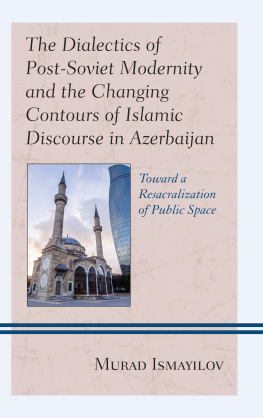

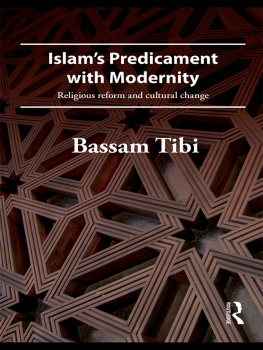
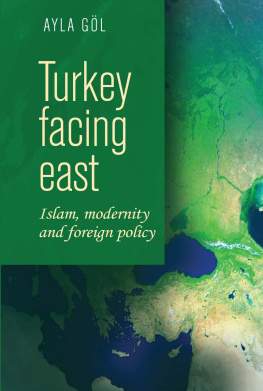
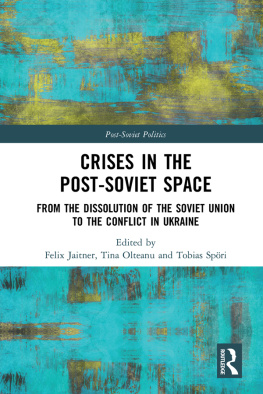
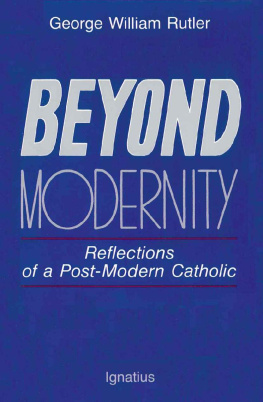
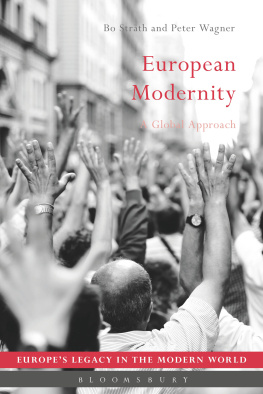

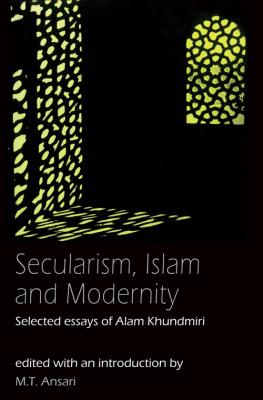
 TM The paper used in this publication meets the minimum requirements of American National Standard for Information Sciences Permanence of Paper for Printed Library Materials, ANSI/NISO Z39.48-1992.
TM The paper used in this publication meets the minimum requirements of American National Standard for Information Sciences Permanence of Paper for Printed Library Materials, ANSI/NISO Z39.48-1992.